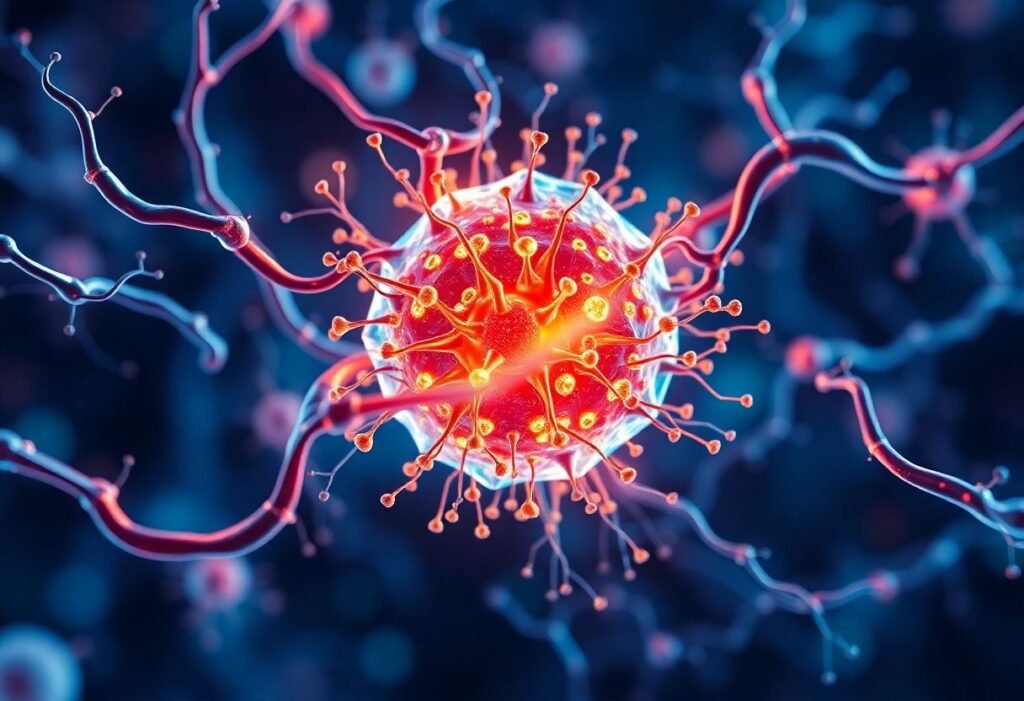Biotechnology is rapidly transforming the landscape of regenerative medicine, showcasing innovation at every turn. This intersection not only propels advancements in healing damaged tissues but also sparks groundbreaking discoveries that could redefine healthcare as we know it.
Understanding the Basics of Regenerative Medicine
Regenerative medicine is a revolutionary field focused on repairing or replacing damaged cells, tissues, and organs. Innovative biotechnology techniques, such as stem cell therapy and tissue engineering, play a crucial role in this process. By harnessing the body’s natural healing mechanisms, regenerative medicine aims to restore function and enhance the quality of life for patients with chronic illnesses or injuries. Advances in biomanufacturing and 3D bioprinting further contribute to the feasibility of personalized treatments, highlighting the significance of innovation in this domain.
The Role of Stem Cells in Regenerative Medicine
Stem cells are pivotal in regenerative medicine due to their unique ability to differentiate into various cell types. Emerging research is focused on the potential of embryonic and adult stem cells to repair tissues, making them a focal point of biotechnology innovation. Furthermore, advancements in stem cell isolation techniques and gene editing, particularly through CRISPR technology, enhance their therapeutic applicability. These innovations contribute to the development of targeted treatments, reducing the likelihood of rejection and improving outcomes for patients.
Biomaterials and Their Impact on Healing
The integration of biomaterials in regenerative medicine stands out as a remarkable innovation. These materials, engineered to interact with biological systems, support tissue engineering and organ regeneration. For instance, biodegradable scaffolds made from polymers provide a framework for cells to grow, aiding in the regeneration of tissues. Researchers are now exploring natural materials, such as collagen and chitosan, as they offer bio-compatibility and promote cell adhesion, further enhancing the regenerative capabilities of these approaches.
Gene Therapy as a Game Changer
Gene therapy represents a fertile ground for innovation within regenerative medicine. By modifying genes to treat or prevent diseases at their root, gene therapy offers a pathway to healing that was previously unimaginable. Innovations like viral vectors and non-viral delivery methods facilitate the safe transfer of genetic material into patient cells. This technique has shown promise in treating genetic disorders and progressive diseases, marking a significant step toward the future of personalized medicine in the biotechnology sector.
The Prospective Role of AI in Regenerative Innovations
Artificial Intelligence (AI) is expected to play a transformative role in advancing regenerative medicine. By leveraging vast amounts of data, AI algorithms can identify novel therapeutic targets and optimize treatment protocols. The intersection of AI and biotechnology fosters precision medicine, ensuring that therapies are tailored to individual patient profiles. Furthermore, AI-powered predictive models assist in streamlining drug discovery processes, enhancing the pace of innovation within the industry.
Challenges and Future Directions in the Field
Despite the promising advancements in biotechnology and regenerative medicine, challenges remain. Ethical considerations surrounding stem cell research and gene editing require careful navigation. Furthermore, regulatory hurdles may impede the rapid translation of laboratory discoveries into clinical applications. However, ongoing research and collaboration within the scientific community are essential to overcoming these obstacles, paving the way for a future where regenerative therapies become mainstream, creating dynamic advancements in healthcare.
Disclaimer: This article is for informational purposes only and does not constitute medical advice. Always consult a healthcare professional for medical concerns.





















